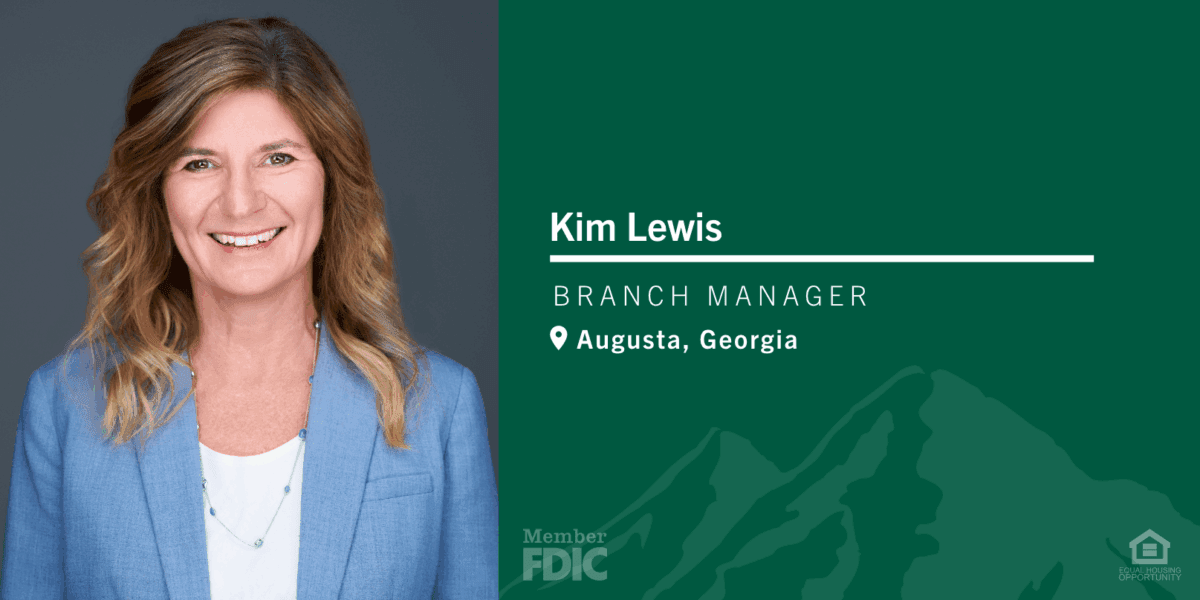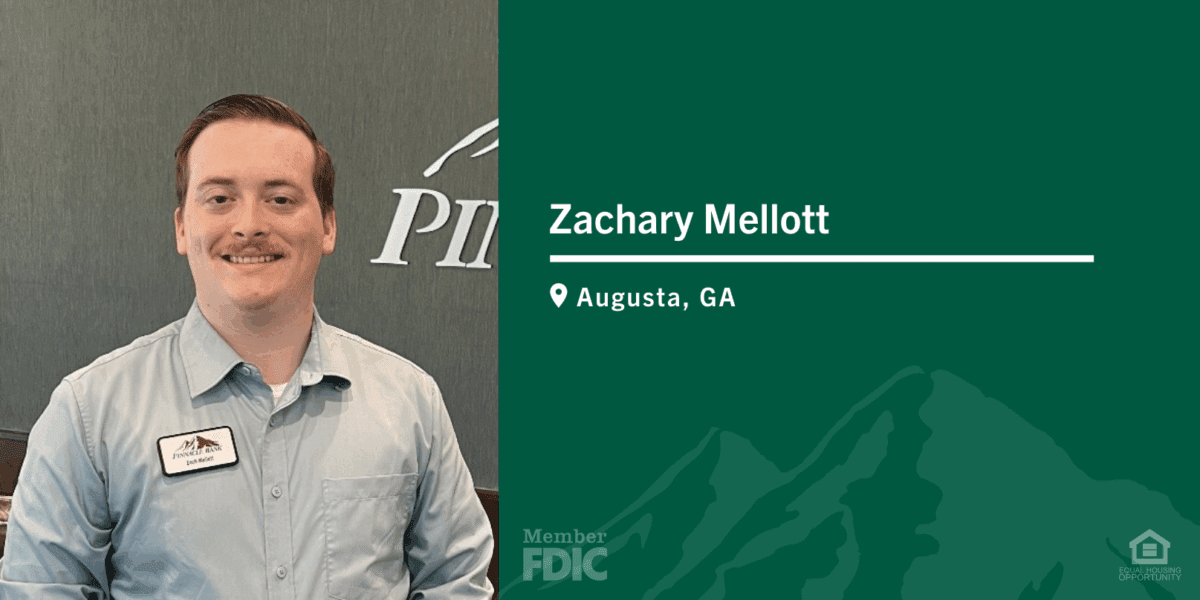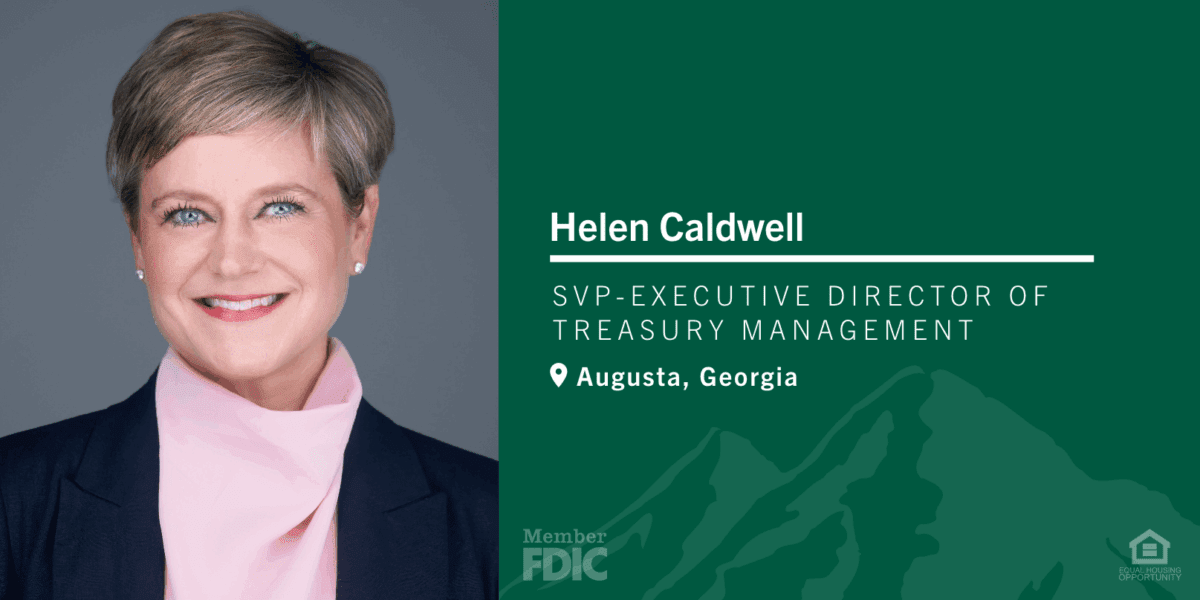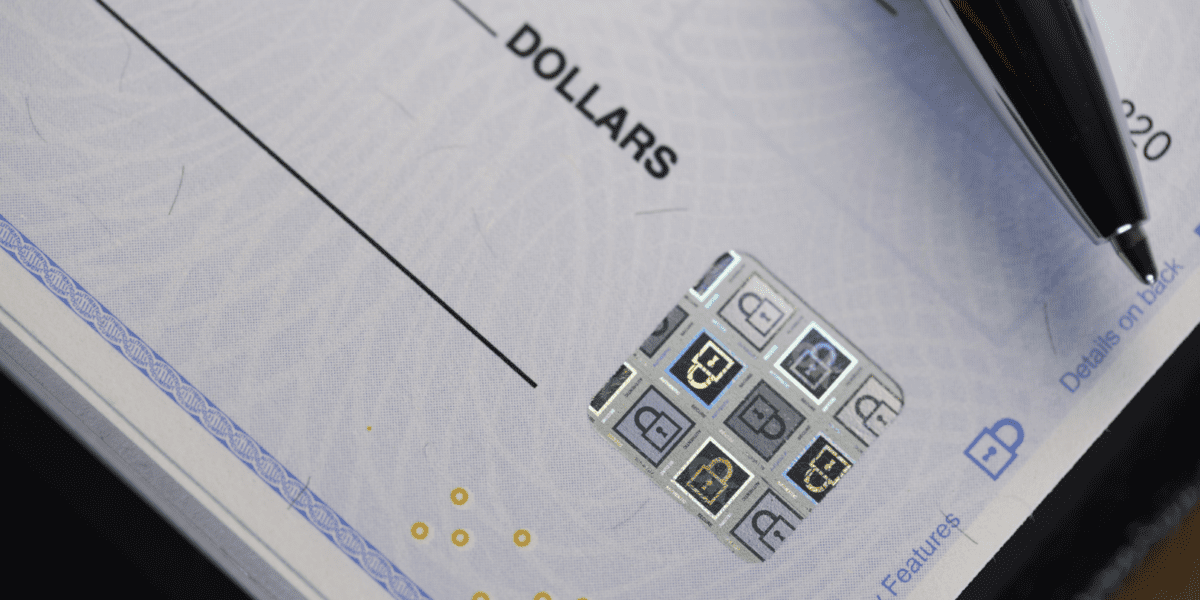Pennies are gradually being phased out of production in the U.S., which means banks like Pinnacle Bank can order fewer from the Federal Reserve today—and eventually won’t be able to order any at all—but the pennies in your pockets, jars and sofa cushions are still perfectly good to use.
Why is this change happening?
For many years, it has cost more than one cent to make a penny, once you factor in the cost of metal, manufacturing and distribution. To be better stewards of taxpayer dollars, the federal government has directed the U.S. Mint to stop producing new pennies, with the last shipments already sent out in 2025. Think of it as a gentle sunset, not a sudden shutoff.
What’s changing behind the scenes?
Once new pennies stop being made, the only pennies available are the ones already in circulation, moving from wallets to stores to banks and back again. The Federal Reserve uses coin terminals and private partners to move coins where they are needed. Still, many of those locations are now limiting or stopping penny transactions as supplies run low. That’s why Pinnacle Bank is already very restricted in how many pennies can be ordered, and at some point, we will not be able to order any more from the Fed.
What does this mean for you?
You may notice that our branches and your favorite local shops have fewer pennies on hand for making change, especially for large coin transactions. Some businesses might round cash totals to the nearest five cents, while card, debit and other electronic payments will still be processed to the exact cent. Our aim is to make these changes feel seamless and straightforward, so you’re never caught off guard.
Will your pennies still be accepted?
Absolutely. Pennies remain legal tender, and Pinnacle Bank will continue to accept them as long as they stay in circulation. One of the most helpful things you can do is empty those old coin jars and piggy banks and bring them in. Every penny you recirculate helps your community’s businesses and neighbors. Over time, pennies will become less common in daily life, as has happened in other countries after retiring their smallest coins.
We’re here to help!
Change, even when it involves pennies, can raise questions, and our team is here to walk through it with you. We will post any updates about penny availability, cash rounding or digital payment options at our branches and on pinnaclebank.com so you always know what to expect.













